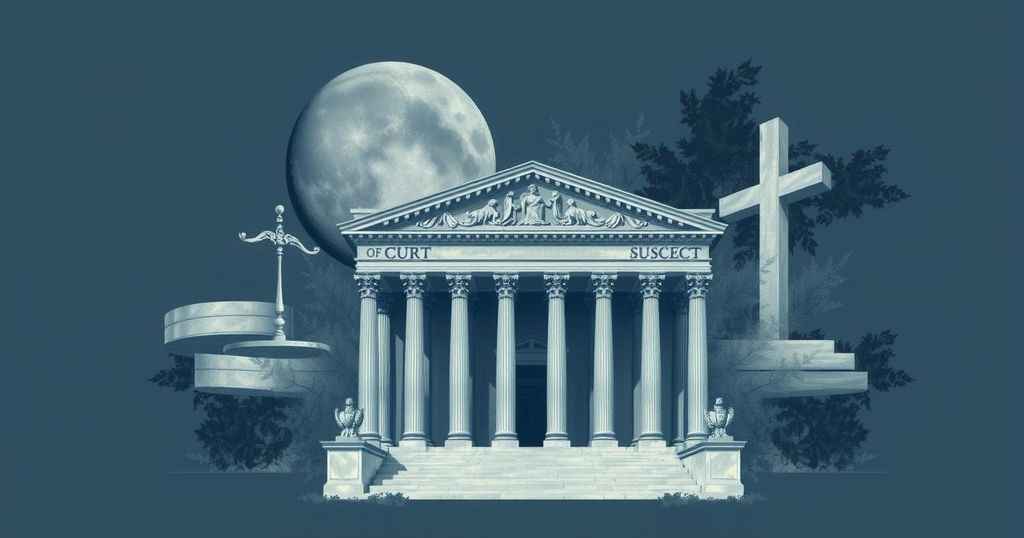Malian political parties are legally challenging a military government ban on their operations. The junta’s decision, which bans all political meetings and dissolves parties, is facing opposition as parties seek redress in high courts. This comes amid broader restrictions and ongoing instability in the nation.
Political parties in Mali are hitting back against a recent ban by the military government, taking their grievances to court. As reported by AFP, the junta led by General Assimi Goita announced earlier this month that all political parties and organizations would be dissolved, effectively grounding political activities. This decision also included a prohibition on any meetings among these groups, escalating tensions in the political landscape.
In a united front, the affected parties have submitted legal appeals to six high courts in the Bamako region, alongside a parallel appeal to the Supreme Court’s administrative section. The aim is to contest both the legality of the presidential decree that dissolved them and the sweeping impacts it has on their operations and rights.
The parties argue that this ban blatantly violates fundamental freedoms, including the right to assemble and participate in public life. Currently, Mali is home to some 300 recognized political groups, and the junta defends its actions as necessary to streamline the political landscape. This is part of a broader trend of restrictions imposed by the military regime that seized power after two coups in 2020 and 2021.
Back in April, during a national consultation called by the junta, recommendations surfaced to not only dissolve political parties but also to enforce stricter regulations governing their establishment. Additionally, there was a proposal to extend Goita’s presidency for another five-year term, despite previous promises to return power to civilian hands by last March.
The situation has drawn concern from various sectors of society. Just this Monday, a collective of writers, lawyers, and economists published an opinion piece condemning the junta for infringing upon “fundamental rights in the country.” They urged the military leadership to engage with all segments of Malian society to create a new electoral calendar concentrating primarily on upcoming presidential and legislative elections. They also highlighted the urgent need for the release of all political prisoners.
It’s worth noting that the Malian constitution, enacted in 1992 and reaffirmed by the junta in 2023, guarantees multipartyism as well as the freedom of speech and association. However, Mali’s path has been tumultuous since 2012, facing persistent violence stemming from insurgents associated with Al-Qaeda and local criminal factions. Such instability casts a long shadow over the future of democracy and governance in the region.
In summary, Malian political parties are taking legal action against a controversial ban imposed by the military government, claiming fundamental rights violations. With about 300 political organizations affected, the military’s rationale for dissolution and stricter regulations is met with significant pushback. Despite constitutional guarantees for freedom of expression and association, the current political climate remains rife with challenges, characterized by ongoing violence and calls for a return to civilian governance.
Original Source: www.trt.global






